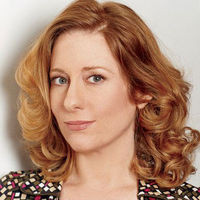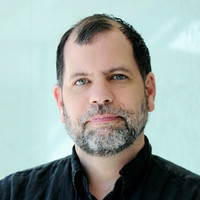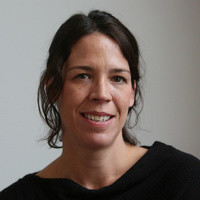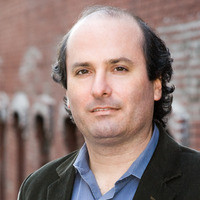Chris Ryan is the editorial director for The Ringer, where he co-hosts The Watch and The Rewatchables.
“There is a point where there’s just too much stuff. I can’t read a 5,000-word feature, 10 blog posts, and listen to three podcasts, and then do it all again the next day. So that is the line you walk in digital publishing, whether it’s for editorial stuff or for podcasting. You have to accept the fact that there is not going to be a single person out there who listens to it all, and who can read it all, and who can watch it all. But you can imbue everything you do with a certain quality—both like a personality, characteristic quality, but also like a quality of production—that hopefully anybody who does like this kind of thing will find some value in it.”






















